Quantum Error Correction Group
Who we are
We are the Quantum Error Correction group established 2021 at the Jagiellonian University.
What we do
The research of this group chiefly focus on the interplay between quantum error correction with entanglement, many-body systems, mathematical physics, and non-commutative algebra.
We develop experimentally feasible implementations of quantum codes and study the theoretical bounds on quantum error correction. Furthermore, we work on new methods for entanglement detection, for example through non-linear and dimension-free entanglement witnesses. In mathematical physics and non-commutative optimization, we develop symmetry-reduced semidefinite programming hierarchies for invariant problems, such as for the spectral quantum marginal problem.
Meet the team
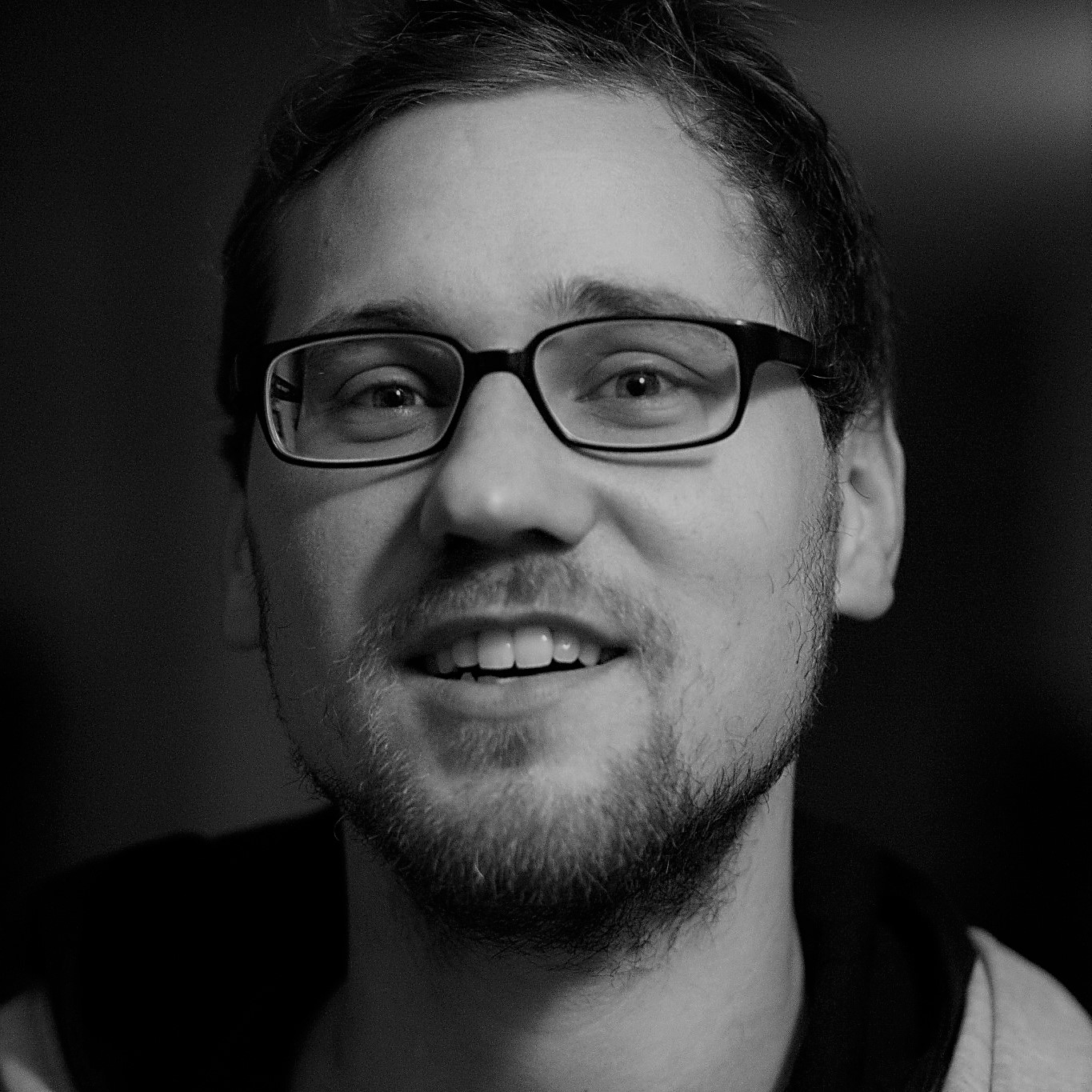
dr Felix Huber
Group leader
I did my PhD in theoretical quantum optics at the University of Siegen. After a postdoc at ICFO Barcelona I now lead the Quantum Error Correction group at the Jagiellonian University in Kraków. My interests lie in quantum error correction, quantum correlations and entanglement, and related mathematics such as invariant theory, matrix inequalities, and (non-)commutative optimization.
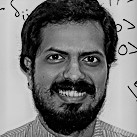
dr Vinayak Jagadish
Postdoc
Vinayak Jagadish obtained his Ph.D in 2016 from IISER TVM, India. His research focuses on the theory of open quantum systems, with special emphasis on positive maps and quantum non-Markovianity. From September 2016 till March 2021, he was a Postdoc at the University of KwaZulu-Natal, Durban, South Africa in the group of Prof. Francesco Petruccione.
Research Interests: Open Quantum Systems, Positive and Completely, Positive Stochastic Maps, Quantum Non-Markovianity, Quantum Tomography, Quantum Error Correction
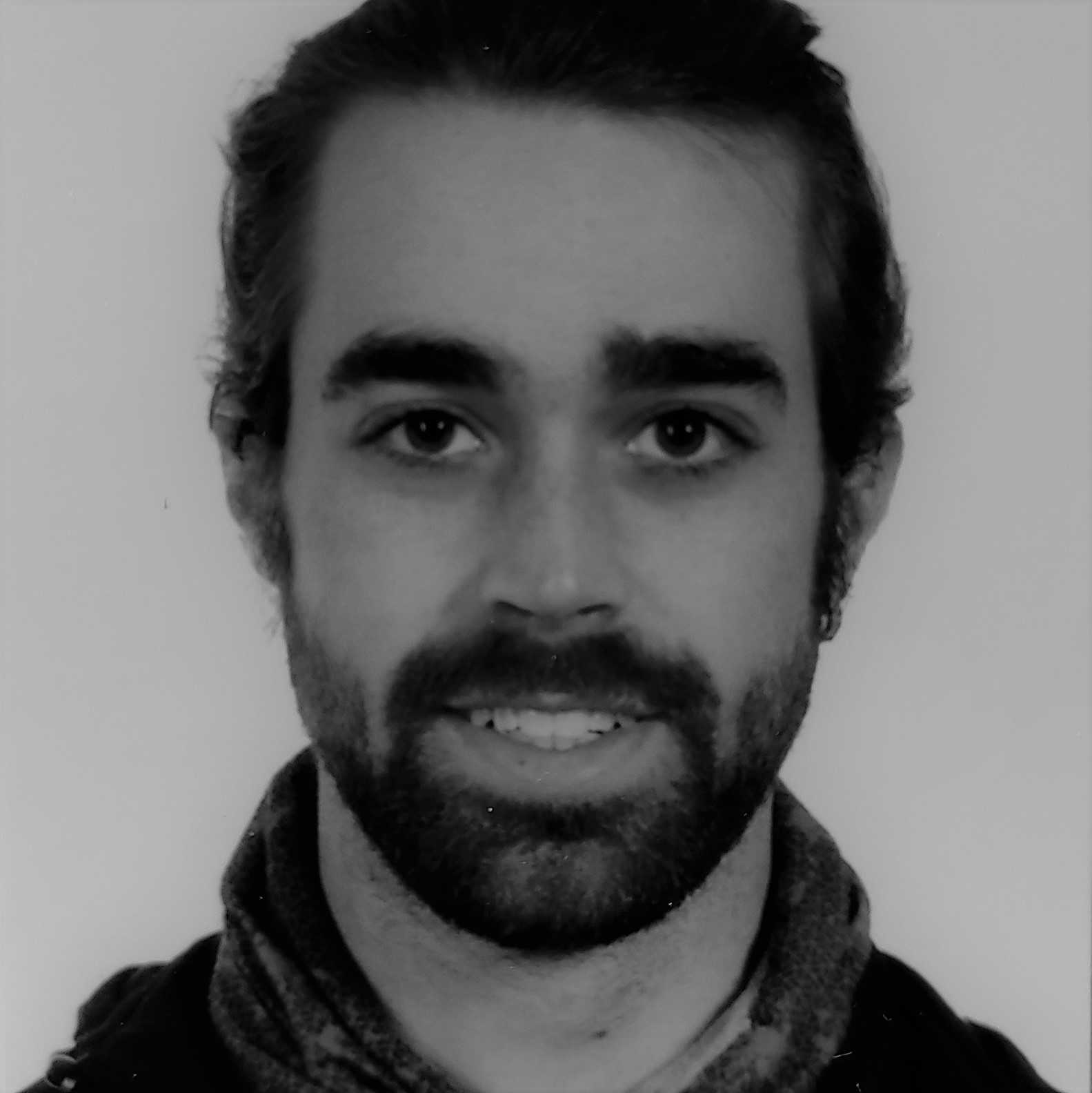
Albert Rico
PhD student
I got my BSc in Physics at Universitat Autònoma de Barcelona (Spain) and my MSc in Theoretical Quantum Physics at Universität Innsbruck (Austria). In 2021 I started my PhD at Jagiellonian University of Kraków (Poland). My current research activities include:
- Nonlinear witnesses and positive maps for entanglement detection
- Quantum and classical discrete channels and superchannels (defined as operations on channels)
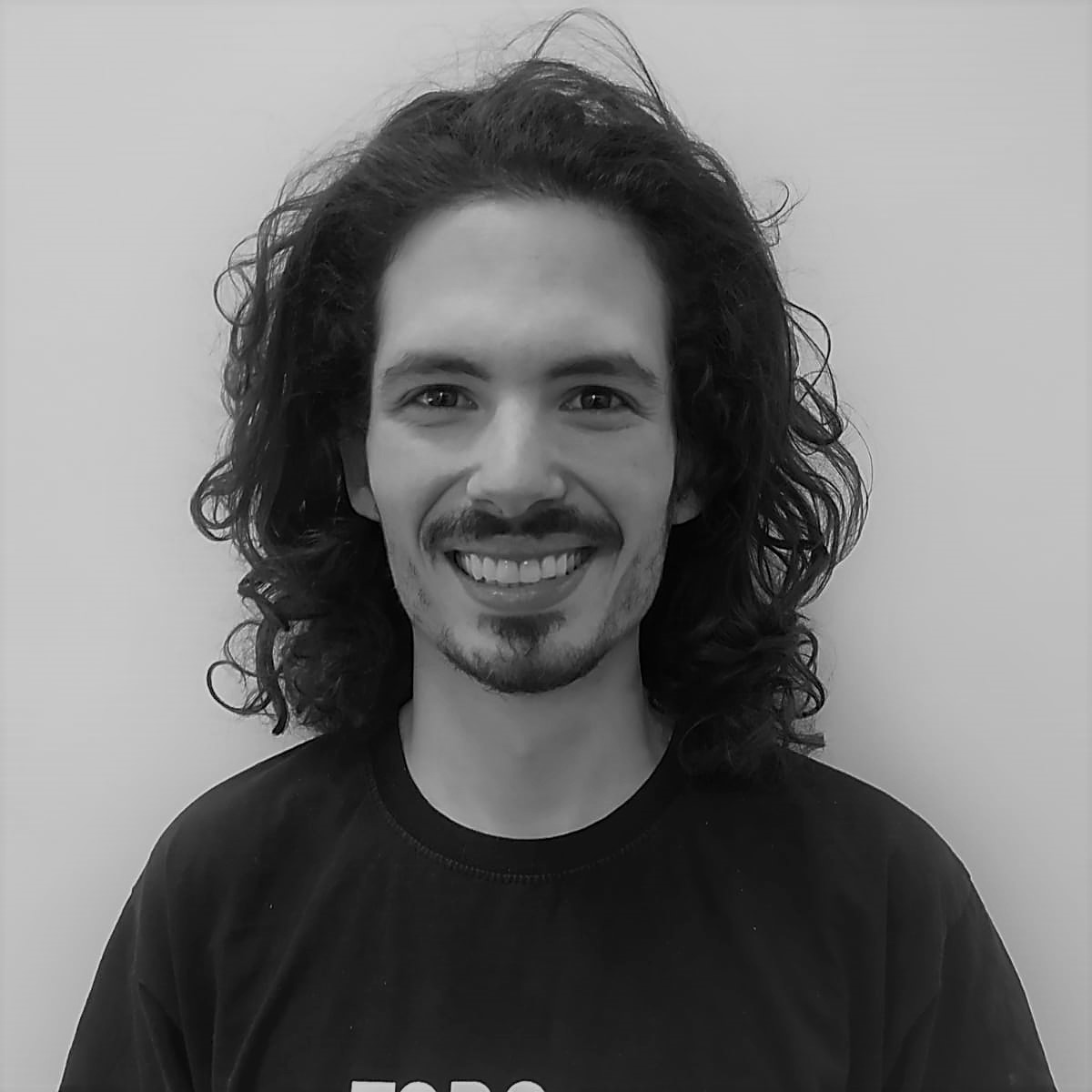
Gerard Munné
PhD student
I did my Bachelor studies at the Universitat Autònoma de Barcelona, Spain. However, my Bachelor thesis was based on the work done during my internship at the Kirchhoff-Institut für Physik, Heidelberg, Germany. After graduated, I continued my studies in Innsbruck, where I pursued my master degree in Theoretical Quantum Physics under the supervision of Professor Wolfgang Lechner.
Research interests:
My interests in research consists mostly in theoretical physics and mathematics. How both fields interacts and how to use abstract tools to describe something that real, always amazed me. For this reason, I found very interesting Quantum Information since it has a very mathematical structure. Despite being mostly interested in the theoretical side of quantum physics, I am also motivated to work on the interface in between theory and experiments.
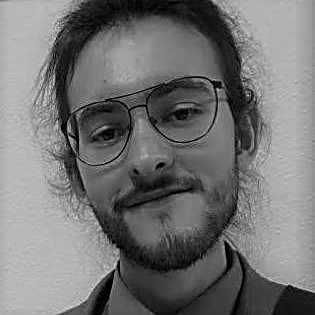
Moisés Bermejo Morán
PhD student
An attempt of a theoretical physicist and mathematician trying to figure out how quantum non-locality behaves among systems that are allowed to share a part, with the unestimable help of a reliable computer. Besides quantum information, also interested in foundational issues of physics and mathematics.
Contact
Aleja Lotników 32/46
02-668 Warszawa
Poland
Phone: +48 22 847 09 20
Email: nisq@cft.edu.pl
© 2021 Near-term Quantum Computers Project